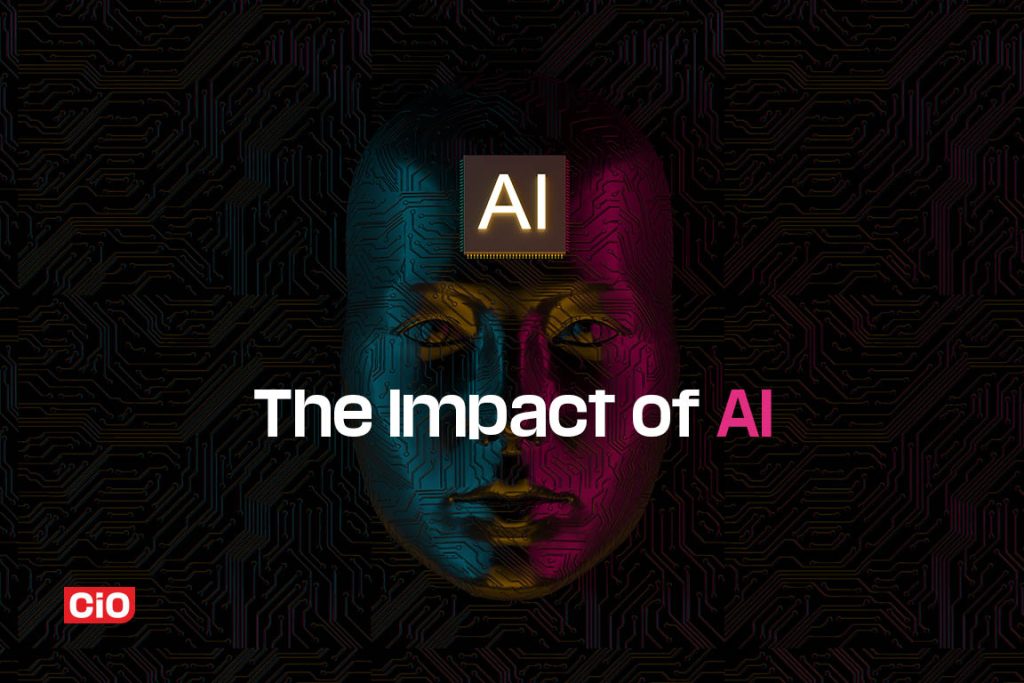Artificial intelligence (AI) is revolutionizing decision-making processes for C-level executives by providing actionable insights and enhancing strategic capabilities. This transformation is reshaping how leaders approach their roles and responsibilities, enabling them to make more informed and effective decisions.
AI-Powered Decision-Making
AI can process large amounts of data very quickly and accurately, find patterns, and trends that are hard to identify by hand. This enables leaders to make decisions based on the proper analysis of data, thus yielding better and more effective results. Through AI, leaders can understand market trends, what customers like, and how to improve business operations.
Ethical issues with AI
As more companies use AI, ethical challenges are increasing. Business leaders must ensure that AI is used responsibly and transparently, with a focus on fairness and accountability. This involves addressing biases in AI systems, safeguarding personal data, and clearly explaining how AI decisions are made. Responsible use of AI is essential for maintaining stakeholder trust and a positive reputation.
Enhancing Operational Efficiency
AI can automate all routine tasks for executives to then focus on key strategic initiatives and growth and innovation. Optimized processes and, therefore, lowered costs are bound to improve business functions through efficient operations. Here are some illustrations: AI is able to rationalize supply chain management, enhance customer service delivery through chatbots, and forecast financials among others. That way, executive resources can be better utilized with improved business outputs.
Case Studies in AI Decision-Making
Examining case studies of AI implementation provides valuable insights into its potential. Companies like Amazon and Netflix have successfully used AI to personalize customer experiences and optimize supply chain operations. Amazon’s recommendation algorithms and Netflix’s content personalization are prime examples of how AI can drive business success. These case studies highlight the transformative power of AI in enhancing customer satisfaction and operational efficiency.
Building an Organization Ready for AI
Companies must prepare their systems and teams to achieve the most in AI. They need to put strong systems for data management, educate workers with AI skills, and foster a culture that is creative and learning always. Data must be accurate, accessible, and safe in companies. Training programs for employees on how to use and manage AI tools are also required. A workplace that allows and encourages new ideas and innovation must be built to thrive in a world of AI-driven future business.
Conclusion
AI has an immense impact on the decision-making of top leaders. By using AI properly, designing the right tools, and following the new innovations, leaders can come up with more efficient plans and bring their companies toward success. Things are faster, have better outcomes, and the companies will grow and evolve over time using AI in making decisions.




